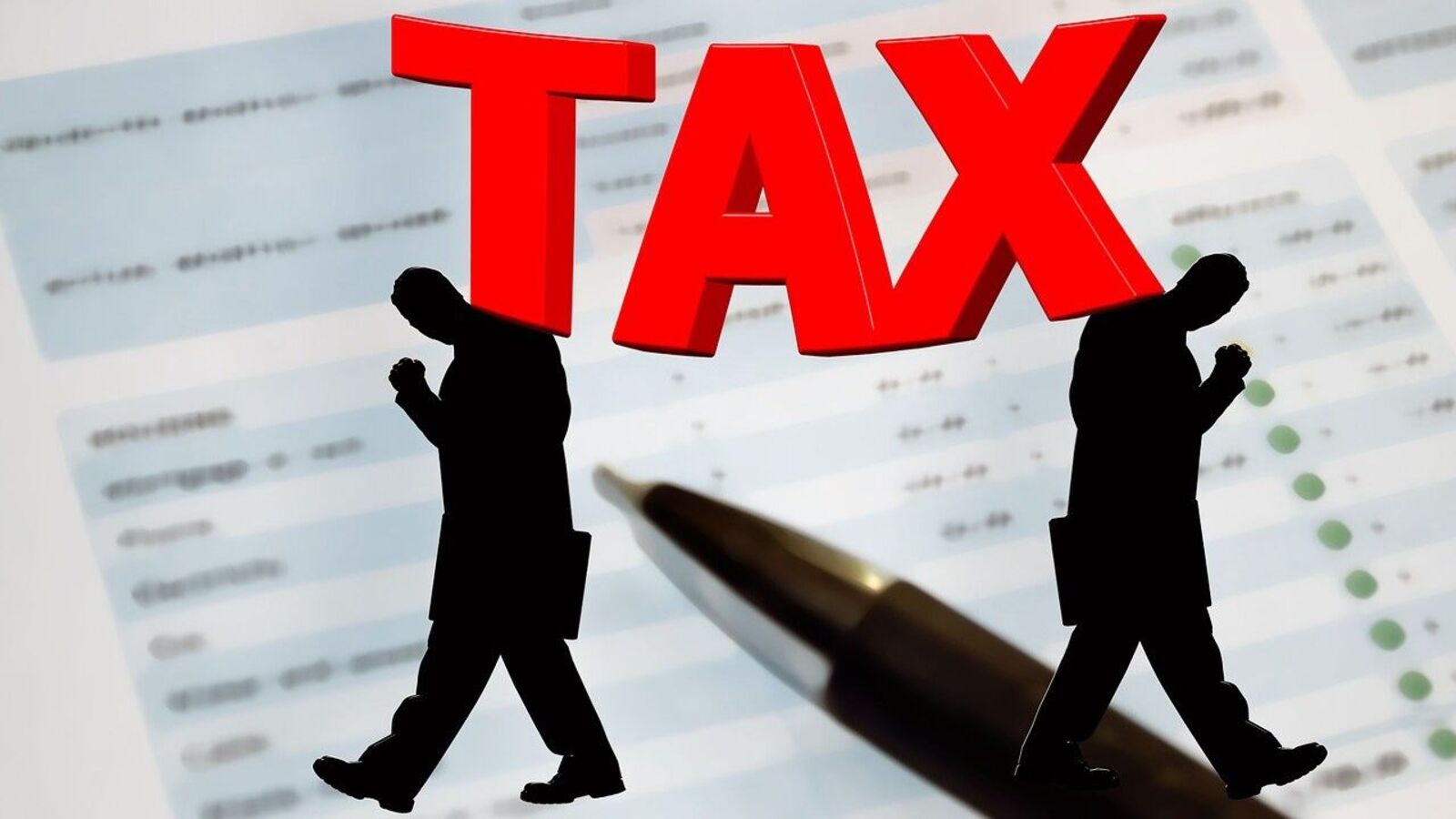In the Union Budget for 2024-25, Finance Minister Nirmala Sitharaman announced a significant change in the tax structure for share buybacks, transferring the tax burden from companies directly onto shareholders. This fiscal adjustment is effective from 1 October and signals a new era for investors and the corporate landscape in India. Shareholders now need to strategize on how to effectively navigate these dramatic shifts in the share buyback environment. Let’s explore these changes in detail.
Understanding the Tax Evolution on Share Buybacks
The tax framework for share buybacks in India has undergone considerable change over the years. Prior to amendments in 2013 and 2019, buybacks were taxed as capital gains for shareholders. However, the introduction of the company distribution tax regime since 2013 for unlisted and 2019 for listed companies shifted the responsibility of tax from shareholders to companies. With the latest amendment, this treatment has been modified to classify buybacks as profit distribution, akin to dividend taxation for shareholders, thus placing the financial burden squarely on them.
Impact on Shareholders
Under the revised taxation regime, the entire gross amount received from a buyback is fully taxable, removing previous benefits such as the reduction of the cost of acquisition in calculating taxable profits. This shift means that shareholders will now face taxation based on their individual income tax slab, potentially leading to higher tax liabilities for those in elevated tax brackets.
| Previous Taxation Method | New Taxation Method |
|---|---|
| Taxed as capital gains | Treated as dividend income |
| Company responsible for tax | Shareholder responsible for tax |
| Cost of acquisition could lower taxable profit | No offset for cost of shares |
| Less impact on higher tax bracket investors | Greater impact on higher tax bracket investors |
The Rushed Buybacks
In anticipation of these tax changes, companies have accelerated their buyback activities to complete transactions before the new rules come into effect. Reports indicate that around 46% of share buybacks this year were initiated after the Union Budget announcement, demonstrating a clear rush to capitalize on the prevailing tax structure.
Recent Trends in Buybacks
This year has seen a marked increase in buyback activity, especially notable during the months leading up to October. Leading firms such as Bajaj Auto, Indus Towers, and Aurobindo Pharma have announced substantial buyback schemes, significantly contributing to the surge in activity as they aim to leverage the existing tax regime.
The Future of Buybacks Post-Change
The newly established tax structure may discourage many companies from engaging in share buybacks. Previously, buybacks were favored by Indian promoters due to lower taxation rates as compared to dividends. With taxation now aligned more closely with that of dividends, this advantage is considerably diminished.
Shareholders’ Considerations
The ramifications of this tax overhaul could result in a decrease in buyback attractiveness, especially for those investors subject to higher tax rates. However, non-resident shareholders may still find some concessions owing to favorable rates under international tax treaties.
Effects on Buyback Dynamics
The transition of tax liabilities onto shareholders could influence their willingness to tender shares during buyback offers. Historical data reveals that the success rate of buybacks has consistently hovered around 97%. Yet, increased tax burdens combined with market trends may significantly alter this success rate, limiting companies’ ability to repurchase shares at favorable prices.
Investor Outlook
Investors may see diminished returns as a direct consequence of this tax reform, leading to potential reductions in buyback premiums. The frequency of such corporate actions might also decline moving forward, given the increased costs and market dynamics. As companies reassess their strategies in light of the new tax implications, they may choose to offer higher buyback prices as compensation to shareholders for the additional tax burden they now carry.
The landscape for share buybacks in India has undoubtedly changed, compelling shareholders and companies alike to adapt to a new taxation paradigm. As this market evolves, ongoing evaluations will be crucial in determining the most tax-efficient strategies for corporate cash repatriation and shareholder value optimization.












